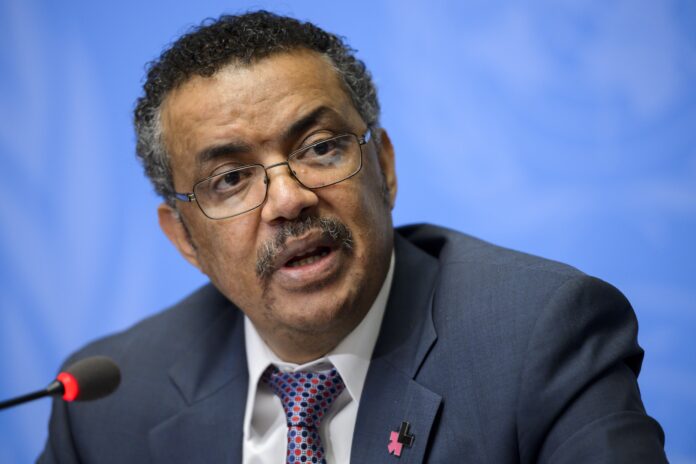The World Health Organization (WHO) has warned that the novel coronavirus strain Omicron is spreading at an unprecedented rate around the world.
In 77 nations, cases of the severely modified form have been confirmed. However, at a news conference, WHO Director-General Tedros Adhanom Ghebreyesus stated that it was most likely present in many other countries where it had not yet been detected.
Dr Tedros expressed concern that not enough was being done to combat the mutation.
According to the latest data from the WHO, the variation initially discovered in South Africa in November is better able to escape existing vaccines and carries a higher risk of re-infection, indicating that the level of risk remains extremely high.
Following the advent of Omicron, a number of countries imposed travel bans on South Africa and its neighbours, but this hasn’t stopped it from spreading around the world.
At a press conference on Tuesday, Dr Tedros expressed his concerns about vaccine inequities as some countries rush to implement a booster shot in reaction to Omicron.
Recent investigations into the Pfizer/BioNTech vaccine revealed that it produced considerably fewer neutralising antibodies against Omicron than the original strain, but that this deficiency could be overcome with a third booster shot.
According to Dr Tedros, boosters may play an important role in limiting the spread of COVID-19, but it is a priority issue.
In recent months, supplies to the global vaccine-sharing initiative COVAX have surged.
World health officials, on the other hand, are concerned that a shortage of tens of millions of doses, similar to the one that occurred in the middle of this year when India halted vaccine exports, could occur again.
Some susceptible people in underdeveloped countries have yet to receive a single dose.




















